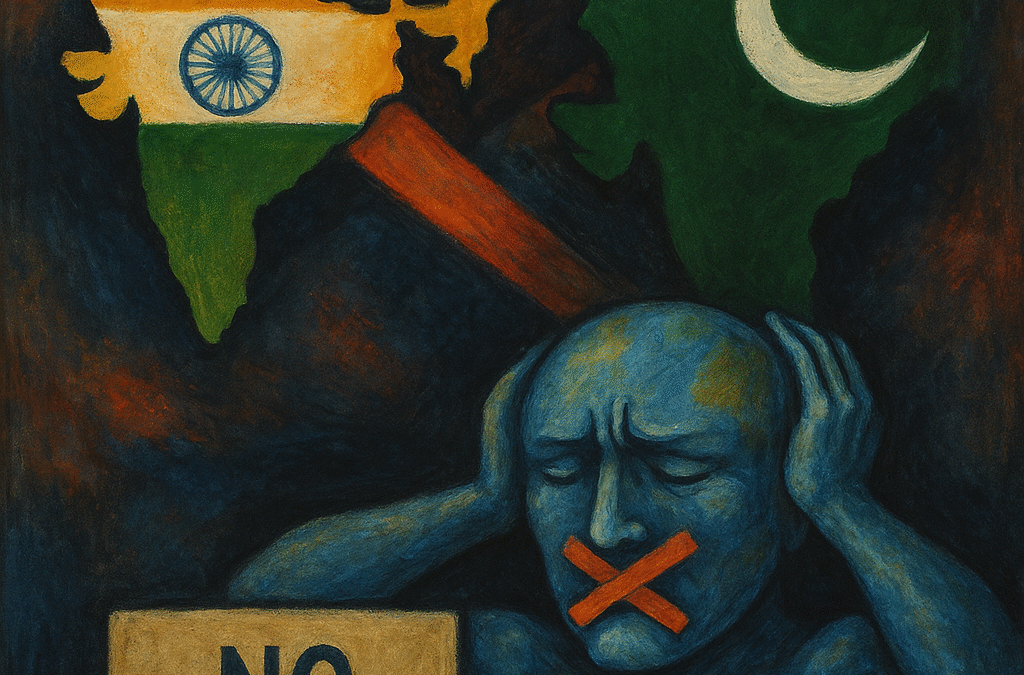As India rises in global esteem, Pakistan’s old tactics fail to gain traction among world powers
For decades, Pakistan has relied on anti-India propaganda to justify its military posturing, distract from its internal dysfunction, and cultivate international sympathy. But this outdated narrative is rapidly losing credibility in a world where geopolitical priorities shift towards economic power, democratic governance, and strategic alliances. Pakistan’s desperate attempts to alienate India and discredit its military actions are increasingly being viewed as childish theatrics rather than legitimate diplomatic concerns.
What’s striking is the silence from the global community. No significant power—the United States, Russia, China, France, or any other United Nations Security Council permanent member—has raised its voice against India’s actions in recent cross-border responses. Even top diplomatic voices from the U.S., including the Secretary of State and the National Security Adviser, have chosen to remain quiet. This global silence is not apathy—it is tacit approval.
The message from the international community is clear: India is acting within its rights to defend its sovereignty and citizens. Whether it is retaliating against terror infrastructure or countering cross-border provocations, the world sees India’s actions not as aggression but as legitimate self-defence. Unlike in the past, there are no calls for restraint from Western capitals or emergency sessions in international bodies. The credibility gap between India and Pakistan has widened dramatically, and Pakistan is on the losing end.
India’s growing clout as a responsible democracy, economic powerhouse, and regional stabiliser has earned it international goodwill. On the other hand, Pakistan’s image remains mired in associations with extremism, military overreach, and political instability. Despite receiving billions in foreign aid over the decades, Pakistan has failed to reform its internal structure, curb militancy, or foster genuine democratic development.
Meanwhile, its cries of Indian aggression ring hollow in global forums. Pakistan’s repeated attempts to internationalise bilateral issues—most notably Kashmir—have found no traction. The international consensus remains unchanged: these are issues to be resolved bilaterally, without third-party interference.
The inclusion of Russia, China, and France among the silent observers is also notable. Despite their divergent strategic interests, none have found India’s actions provocative enough to warrant condemnation. All seem to recognise the legitimacy of India’s stance and the threat posed by cross-border terrorism emanating from Pakistani soil.
Pakistan’s military and propaganda machinery may still live in the Cold War era, but the world has moved on. Today, nations invest in alliances that promote stability, trade, and counter-terrorism, not narratives of victimhood and vengeance. If Pakistan is serious about global respect and regional peace, it must abandon its obsession with India and look inward.
Until then, its anti-India rhetoric will continue to be seen for what it truly is—noise without substance, and a distraction from the deeper crises festering within.






